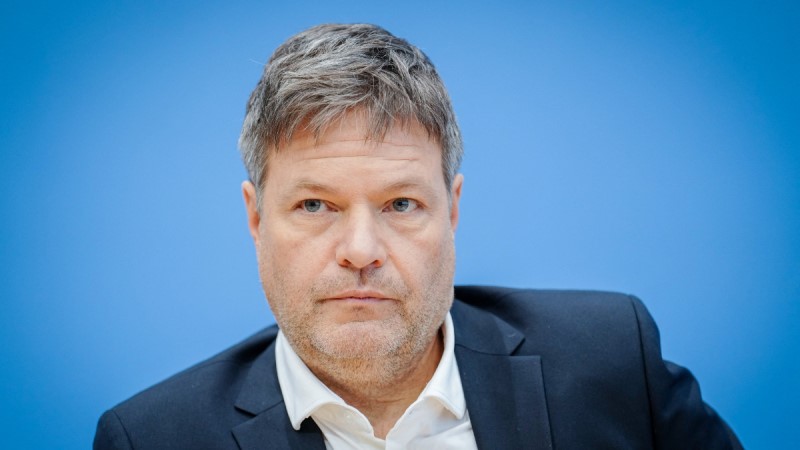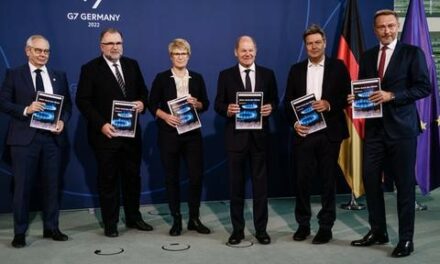Immigrants will be needed in large numbers in Germany to prevent the drop in productivity and failure of the transition to renewable energy sources that could be caused by severe labor shortages. This is the opinion of Robert Habeck, the new German Minister of Economy and Climate Protection, who said:
"Today there are 300,000 unfilled jobs in the country, and we expect this to rise to a million or even more. If we don't reduce this, there will be real productivity problems". He added that improving training and facilitating the coordination of family and career can help, but increasing the number of immigrants among engineers, industrialists and nurses will also be essential.
Habeck, who politicizes as a member of the Greens, emphasized that it will be a "colossal" task for Germany if it really wants to achieve a reduction in greenhouse gases while meeting the energy needs of industry. By 2030, it is expected that they will only be able to reduce emissions by half compared to 1990 levels, which is far short of the government's theoretical goal of 65 percent. Due to the effects of the coronavirus pandemic, Germany was able to maintain the 40 percent reduction set for 2020, but by 2021 these effects had already disappeared and emissions began to rise again. One of the reasons for this is that Germany has decided to shut down all its nuclear power plants by the end of the year, and because of this, coal-based power plants are used in greater proportion, which the German government would also eliminate "ideally" by 2030, while gradually switching to less polluting energy sources.
Renewable energy sources - solar and wind energy - currently cover 43 percent of Germany's energy needs, but this should be increased significantly to 80 percent by 2030, the minister pointed out, noting that electricity consumption is also expected to increase significantly during this period. , because people are starting to use electric vehicles en masse, for example.
Source: MTI
Opening photo: Kay Nietfeld / DPA / AFP












